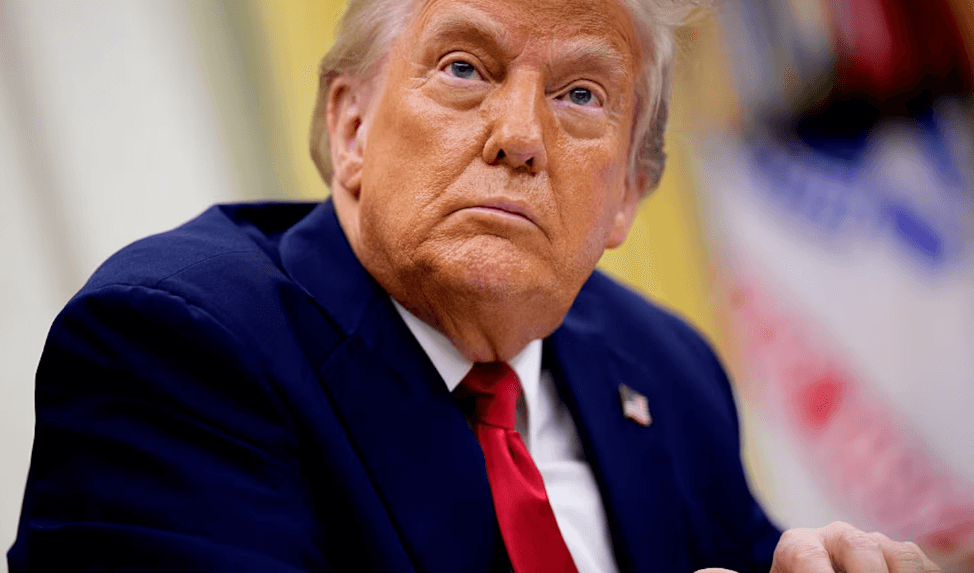In a sudden outburst of hostilities between the U.S. government and the intellectual class, former President Donald Trump had a blistering diatribe at Harvard University this week, terming the Ivy League institution a “joke” and demanding it has its federal research grants terminated and tax-exempt status revoked.
Taking to his Truth Social platform, Trump lashed out against the university for refusing to bend to pressure from his administration to accept more government oversight of admissions, hiring practices, and political ideology.
“Harvard is a JOKE, teaches Hate and Stupidity, and should no longer receive Federal Funds,” he wrote. He went further, declaring the university “can no longer be considered even a decent place of learning,” let alone an institution of worldwide renown.
The former president made the remarks as his government threatened sweeping actions against the elite university, including barring it from enrolling foreign students and initiating proceedings to revoke its nonprofit tax-exempt status.
The Internal Revenue Service is reported to be moving towards doing so after Trump wrote a formal letter to them, CNN and The Washington Post say.
Harvard’s Defiant Response
Harvard, which boasts 162 Nobel Prize recipients among its faculty and alumni, firmly rejected the Trump administration’s terms. President Alan Garber stated that the university “refuses to negotiate over its independence or its constitutional rights.”
Trump had already halted $2.2 billion in federal contracts destined for Harvard’s enormous research activities, primarily in the scientific and medical fields.
The Department of Homeland Security added its own pressure with a threat that the university would lose its privilege of hosting foreign students—who now make up over 27% of Harvard students—if it does not screen compliance with federal regulations.
Broader Academic and Public Response
The conflict has sent ripples through the academic and public spheres. Golden State Warriors head coach Steve Kerr publicly backed Harvard, calling the administration’s demands “the dumbest thing I’ve ever heard” and donning a Harvard T-shirt in a show of support for academic freedom.
Trump’s administration has explained its persecution of top universities in terms of what it describes as growing anti-Semitism on college campuses instigated by protests against Israel’s Gaza war.
Columbia University and other colleges have already acquiesced to similar pressure from the government, agreeing to external monitoring of certain academic departments in order to avoid the loss of hundreds of millions of dollars in federal financing.
Unprecedented Government Demands
In a formal letter to Harvard, the administration put forth a checklist of demands critics accuse is equivalent to an outright assault on academic autonomy. Among the demands:
- Cancelling consideration of race and national origin in admissions of students
- Prohibiting admission of foreign students considered unfriendly to American ideals
- Terminating race-based hiring policies based on race, religion, sex, or national origin
- Reducing power on the campus for students
- Conducting student and teacher audits to ascertain “viewpoint diversity”
- Renegotiating programs that have come under criticism as promoting anti-Semitism or ideological orthodoxy
suppressing politically inflammatory campus protests
The scope of the proposed changes highlights what many see as a record federal move to impose controls on higher education.
While Trump’s support argues that the universities have crossed the line leftward and are shutting their ranks to conservative ideologies, the critics observe that the action threatens to jeopardize the very foundation of academic freedom and institutional autonomy of America.
While the standoff hardens, Harvard’s move—and that of similar institutions of learning—may presage the trajectory of American higher education in the political limelight.







Leave a Reply